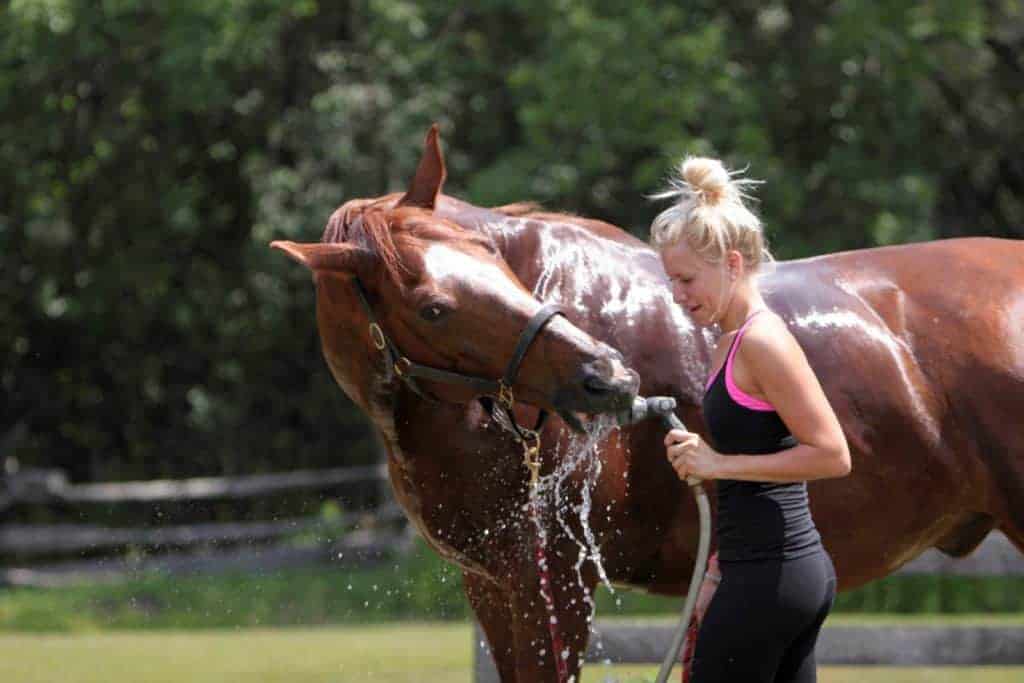
Summer Horse Health Tips
Remember these pointers to help ensure your summer riding season is fun and safe.
Proper feeding practices for foals, adult horses, and older horses

Remember these pointers to help ensure your summer riding season is fun and safe.
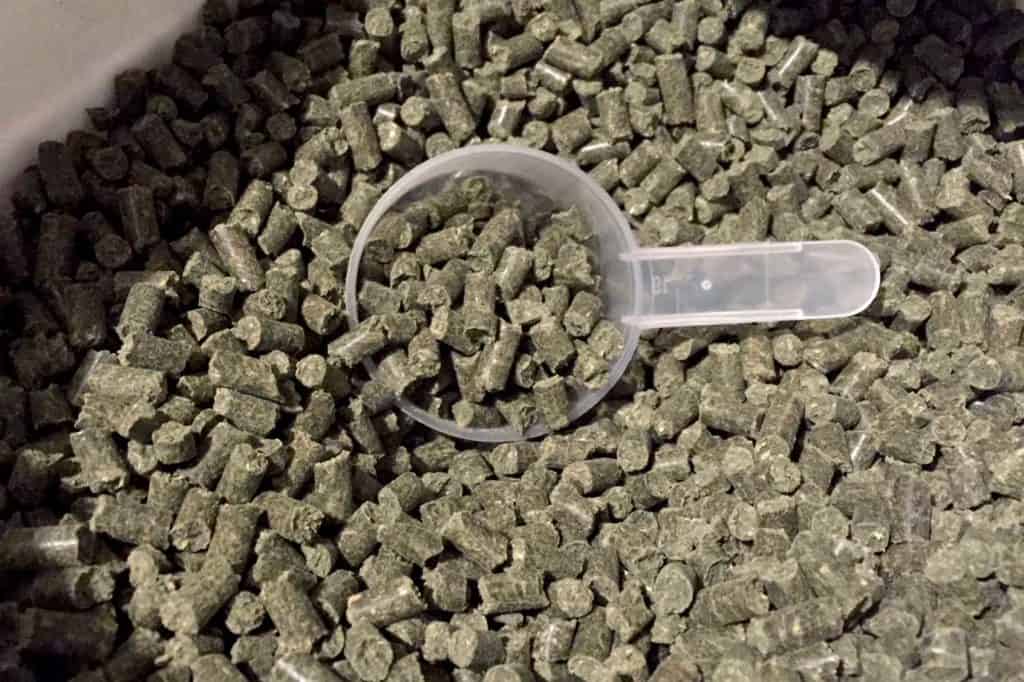
Trace minerals are essential to the equine diet and help support cell health, immunity, hoof and coat quality, and more. Is your horse getting what he needs?

Learn about equine gastric ulcer syndrome signs, diagnostic methods, and prevention and treatment strategies in this visual guide.

An equine nutritionist explains what “PPM” means on feed labels and how that translates to your horse’s diet.

Equine nutritionists and veterinarians agree: Forage should be the cornerstone of the equine diet. Our experts answered your questions about hay, beet pulp, alfalfa, pellets, and more. Discover what they had to say! Sponsored by Standlee Premium Western Forage.

Your horse’s health status might call for a low-starch diet. Learn which conditions benefit from low starch levels and how to make the change.

While any colic episode can be frightening, being prepared in advance can help you navigate such issues with your veterinarian’s assistance.

Some horses turn into Houdini the second a grazing muzzle goes on. Get tips to ensure this important tool for managing weight gain stays in place.
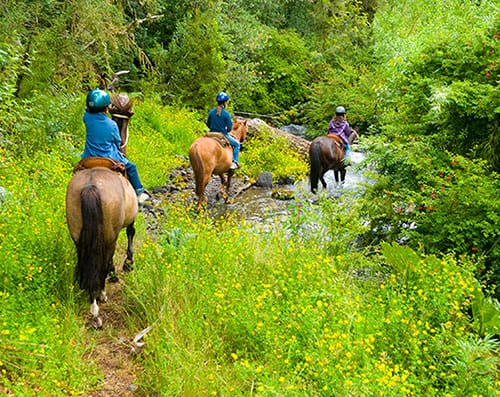
Trail riding season is in full swing, and our sources answered 17 questions about keeping your horse sound and healthy.

Vitamin E and selenium are often packaged and marketed together in supplements. Find out why from researcher Dr. Carrie Finno of the University of California, Davis.
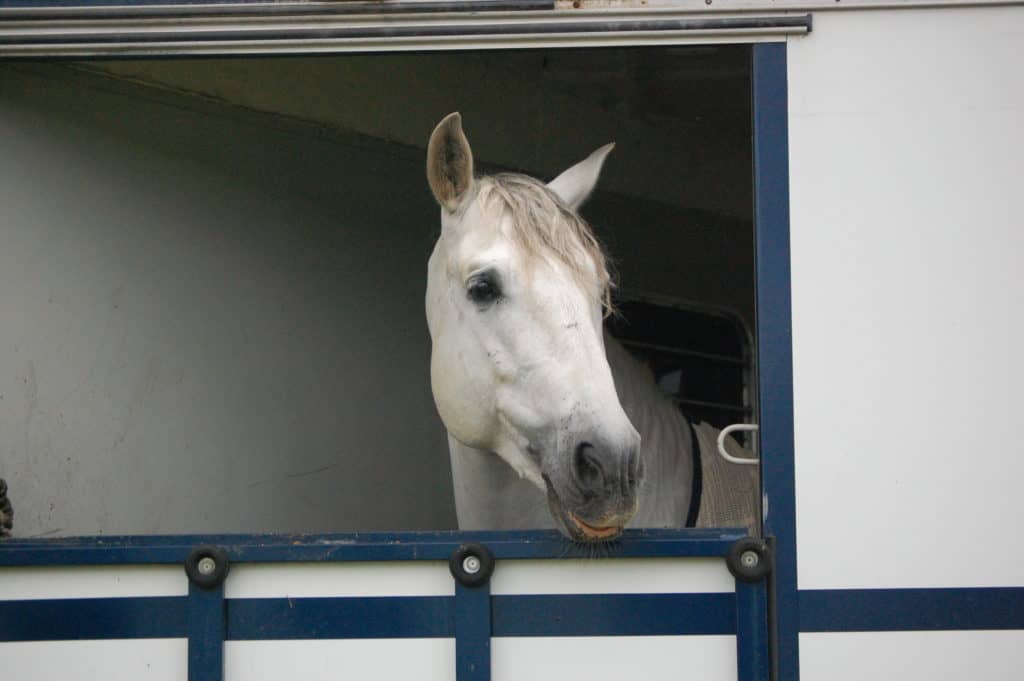
Two sport horse veterinarians have shared how to make smart horse health decisions at competitions. See if you select the right paths toward a healthful and successful showing experience in these sticky scenarios.

What is the best way to test for vitamin E deficiency, and how often should you test your horse? Dr. Carrie Finno of the University of California, Davis, offers advice.

Get tips on how to keep hay in front of your horses 24 hours a day while minimizing waste.

Gastric ulcers occur commonly yet present a number of treatment challenges requiring pharmaceutical intervention and intensive lifestyle modifications. Sponsored by Vitalize.

While omeprazole use is unlikely to cause bone issues in horses consuming correct rations, researchers said it’s important to respect professional recommendations for both omeprazole treatment duration and commercial feeding instructions.
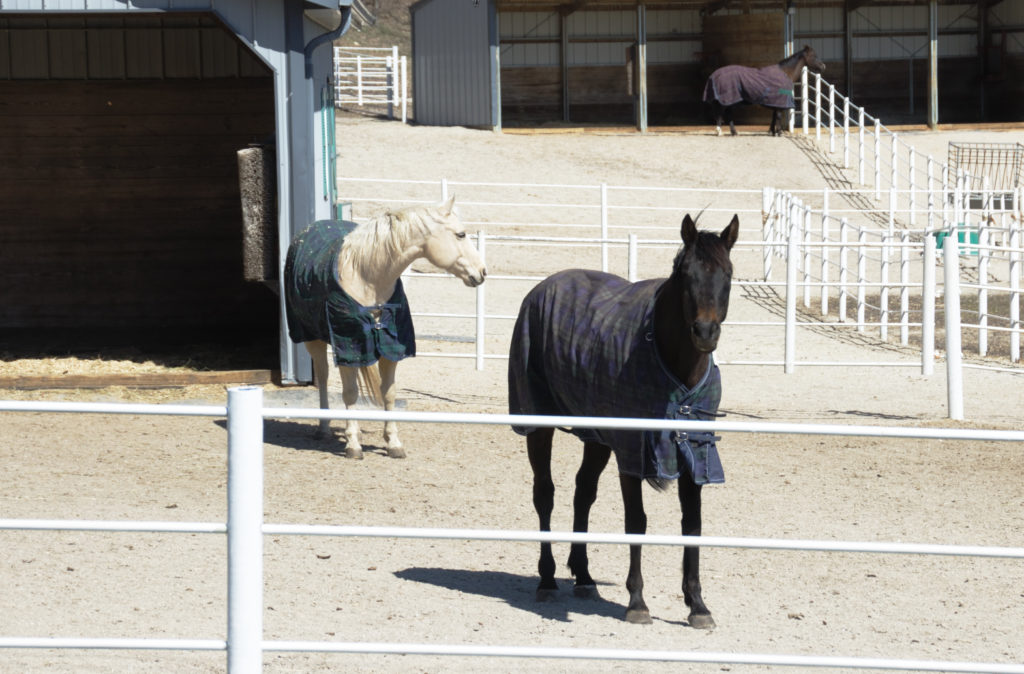
Your horse might not be getting enough vitamin E and not show any obvious signs. Or, he could have severe disease. Dr. Carrie Finno explains.
Stay on top of the most recent Horse Health news with
"*" indicates required fields